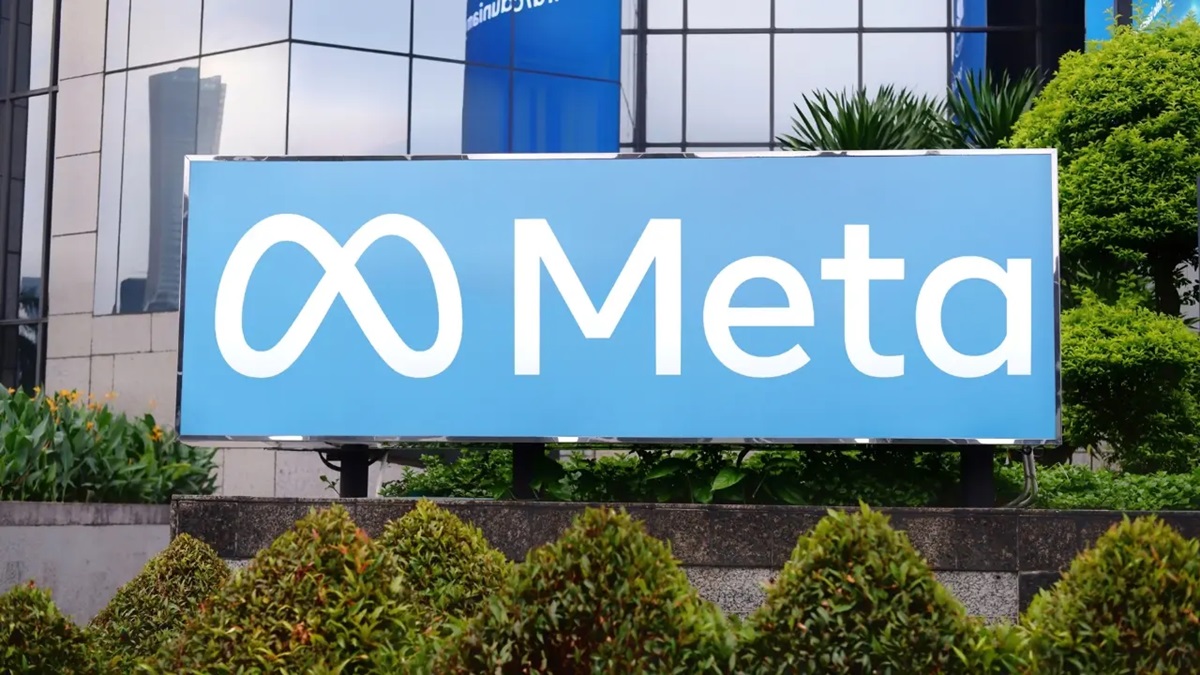You won’t find them in your job description. They aren’t taught in MBA programmes. You won’t see them proudly listed on LinkedIn under “certifications” or celebrated in employee-of-the-month announcements. And yet, they may be the very things that shape who rises and who stalls in today’s workplace.
Sleep, screen time, and soft skills.
These three seemingly mundane elements are rapidly emerging as the unspoken differentiators in careers across the world. They don’t involve degrees, 5 am routines, or 10x growth hacks. But if you look closely (at high-performing teams, resilient leaders, and sustainably successful professionals), you’ll start to see a pattern.
Sonica Aron, Founder and CEO of HR consulting firm Marching Sheep says, “When I’m well rested, I think better, do better, live better.” In other words, these aren’t just life choices; they’re performance levers. Says Rashi Desai, senior architect at a firm in Vadodara, “Cutting Netflix after 10 pm has doubled my design accuracy.” Startup founder Pranav Dixit based in Bengaluru blocks off an hour every Sunday to practice “life check-ins” with his co-founders. “Another habit I am building includes consuming not reels or memes, but well-curated comment threads on industry trends,” he says.
For decades, job success has been measured by visible achievements: degrees, grades, project KPIs, coding speed, public speaking finesse. But today, neuroscience, behavioural economics, and good old psychology suggest there are far subtler forces at play… and they start in your bedroom, your LinkedIn feed, and your internal emotional radar.
Smart Brains Need To Shut Down
Let’s start with sleep. Sonica describes it with clarity: “When I don’t sleep well, everything feels heavy; my work slows down, my mood dips. But when I am well rested, I am full of energy; I think better, do better, and live better.”
She’s not alone. A 2019 study from the University of California, Berkeley, found that sleep deprivation reduces your brain’s capacity to learn new information by up to 40%. Another study by Harvard Medical School revealed that poor sleep impairs decision-making and emotional regulation, which are crucial in workplace dynamics.
Consider this: If a candidate walks into a job interview after five hours of sleep, they’re not just tired, their cognitive function is compromised. Their empathy levels dip. Their ability to read nonverbal cues and react gracefully under pressure is reduced. They’re quite literally less equipped for success, regardless of how qualified they are on paper.
Fine Line Between Doomscrolling and Digital Literacy
The second variable is the most misunderstood of all: screen time. For years, screen time has been the villain of the productivity story. We’ve been warned about dopamine loops, blue light exposure, social comparison, digital fatigue. And yet for millions of knowledge workers, quality screen time has become a career accelerant.
“I spend time on my phone — especially on LinkedIn,” says Sonica. “Not because I am scrolling reels or watching influencers. I am reading articles where I get to learn and widen my perspective. I engage with like-minded people… and that helps me widen my network.” This distinction is everything. In fact, a report from the Oxford Internet Institute, published in Nature Human Behaviour, found no consistent relationship between screen time and teen mental health — except in cases where time was spent on addictive or toxic platforms.
In the professional world, platforms like Coursera or Skillsbuild are not time-wasters but perspective wideners. They expose you to industry trends, mentor content, and diverse voices. They allow a working mother in Noida to exchange thoughts with an HR head in New York. The screen becomes a bridge. So the real question is not how much screen time you log, but how mindfully you use it.
One-to-One Soft Skills
Finally, the most overlooked of the three: soft skills. Pranav is not the most gregarious guy around but he believes he has the soft skills to find the right collaborators. “I met business partners and a couple of employees at various networking mixers I landed up at. It wouldn’t have happened online,” he says. MIT Sloan has published a paper revealing that companies that trained employees in soft skills (active listening, emotional intelligence, decision-making) saw a 250% ROI within eight months. In a world full of automation and AI, human-centric skills have become irreplaceable.
So why do these three factors matter so much? Because they belong to what we call the “second layer of success”. They are not about doing your job; they’re about how you do your job. They’re the difference between completing a task and leading a team. Between burning out and building a legacy.




















